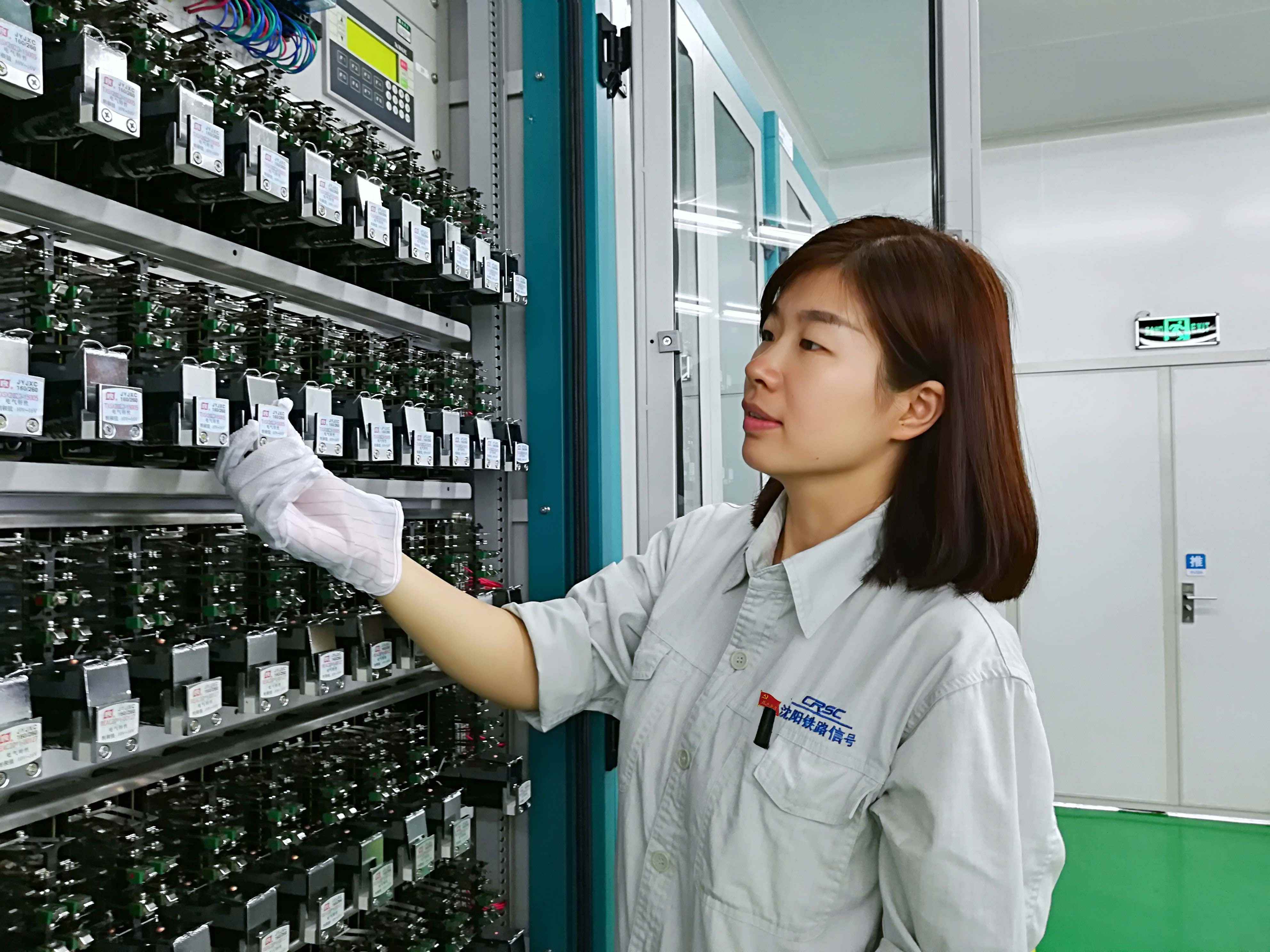
China
19:50, 25-Oct-2017
Why can "One Belt, One Road" happen so fast? Credit SOEs
By CGTN's Han Peng

China's ambitious "Belt and Road", a global infrastructure and trade initiative, has registered several major achievements over the past four years.
That success has led to 69 countries and international organizations having already signed on to upcoming Belt and Road projects connecting China to the world.
When the idea was first raised to revive China's ancient Silk Road trading route back in 2013, many questioned if the plan was too ambitious.
But four years later, the question has become... how did it happen so fast?
Many delegates at the just-concluded Communist Party of China congress credit state-owned enterprises with helping to secure the initiative's success.
One of them, Baling Petrochemical Corp., a major branch of China's leading oil company, Sinopec, recently secured major deals with Italian partners to export some of the best rubber products in the world.
"We compete on the global market, and cooperate with western private companies, according to international rules, winning deals by offering high quality, low-cost, and smart strategies." Li Dawei, CPC delegate and Baling general manager, told CGTN.

CPC delegate Li Dawei, general director of Baling Petro, has hammered out business deals with overseas partners.
CPC delegate Li Dawei, general director of Baling Petro, has hammered out business deals with overseas partners.
"State-owned enterprises don't only work for profit. Under CPC leadership, sometimes it's an obligation for us to sacrifice short-term profit in order to achieve a bigger, national goal."
Delegate Ke Xiaobin works as a frontline technician for China's high-speed railway company, another giant state-owned enterprise.
Working on one small part of the bullet train's signal system for 14 years, she has never traveled abroad, but her products have been sold across the globe in dozens of nations with high-speed rail, including emerging nations often ignored by western firms.
"Some developing countries have unpredictable markets, where returns on investment can't be guaranteed," Ke told CGTN. "But for us, we are happy to improve the lives of ordinary people there."

CPC delegate Ke Xiaobin works as a technician on China's high speed railway system. / CGTN Picture
CPC delegate Ke Xiaobin works as a technician on China's high speed railway system. / CGTN Picture
As a Chinese saying goes: To end poverty, build a road. Xi Jinping's plan to revive the Silk Road is largely centered on infrastructure with an aim to complete what he calls an "Economic Corridor linking the Pacific Ocean with the Baltic Sea." The Belt and Road will connect landlocked countries long marginalized from global maritime trade.
"If we can help complete that corridor, we will be able to share in the fruits of development. And that will be much more rewarding for us than just completing commercial contracts and earning money from our clients," said Li Dawei.

SITEMAP
Copyright © 2018 CGTN. Beijing ICP prepared NO.16065310-3
Copyright © 2018 CGTN. Beijing ICP prepared NO.16065310-3